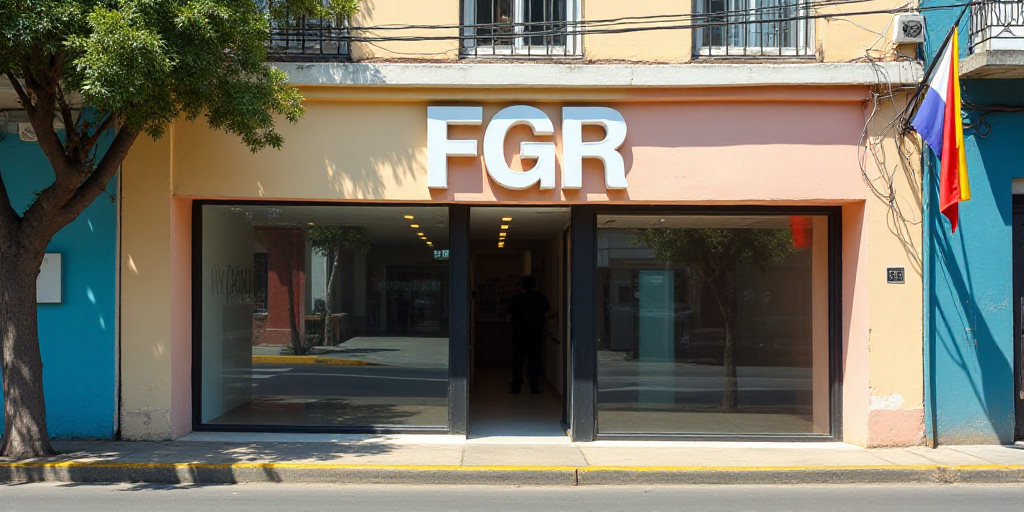Background on the Case
The Supreme Court of Justice of the Nation (SCJN) has confirmed a judicial ruling that mandates the Fiscal General de la Republica (FGR) to create and publish, in electronic format, a public version of the investigation file related to the forced disappearance of 43 normalistas students from Ayotzinapa, Guerrero (Case Iguala).
Legal Context and Decision
The First Collegiate Tribunal of the SCJN resolved two review cases (108 and 109) from 2025, authored by Juan Luis González Alcántara Carrancá. The decision confirmed the appealed sentences and denied amparo to victims related to the Iguala case against a resolution by the now-defunct National Institute of Transparency, Access to Information and Protection of Personal Data (INAI).
The legal issue to be addressed by the First Collegiate Tribunal was whether information requested in investigations conducted by the Public Ministry involving serious human rights violations or crimes against humanity could be classified as confidential.
The court clarified that the law anticipates exceptions to the confidentiality of ministerial investigations in extreme cases where the severity of the pursued crime outweighs the public interest in maintaining confidentiality, emphasizing society’s broader interest in knowing all ongoing investigation details for proper detention, trial, and punishment of responsible parties.
Impact on Victims and Society
The court’s decision acknowledges that these situations not only affect victims but also society as a whole due to their gravity and implications.
Voting and Justices Involved
The ruling was approved by SCJN President Loretta Ortiz, Ponente González Alcántara Carrancá, Margarita Ríos Farjat, Jorge Pardo, with Alfredo Gutiérrez casting the dissenting vote.
Key Questions and Answers
- What is the main issue addressed by the SCJN? The court determined whether information related to investigations involving serious human rights violations or crimes against humanity could be classified as confidential.
- What are the exceptions to ministerial investigation confidentiality? The law allows exceptions when the severity of the pursued crime outweighs the public interest in maintaining confidentiality, prioritizing society’s broader interest in knowing all investigation details.
- Who were the justices involved in this decision? The First Collegiate Tribunal consisted of President Loretta Ortiz, Ponente Juan Luis González Alcántara Carrancá, Margarita Ríos Farjat, and Jorge Pardo. Alfredo Gutiérrez dissented.






